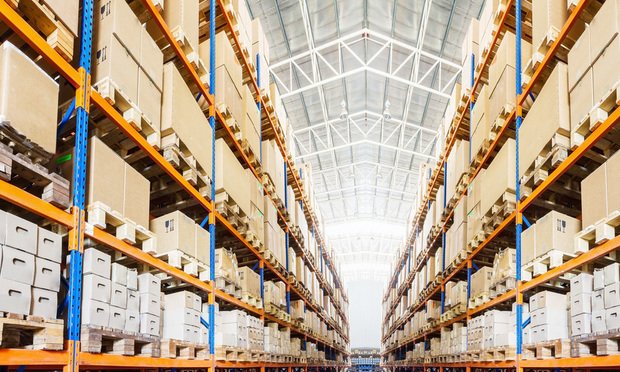 Supply chain disruptions can impede a vendor's ability to fulfill their contractual obligations. (Credit: Sasint/Adobe Stock)
Supply chain disruptions can impede a vendor's ability to fulfill their contractual obligations. (Credit: Sasint/Adobe Stock)
Supply chain attacks have become more frequent in recent years, with a growing number of ransomware attacks being reported globally. These attacks have become more sophisticated, targeting the shipping and transport industry, seaports, food networks, water supplies, fuel distribution systems, hospitals and city governments. Smaller organizations that lack the resources to implement robust cybersecurity measures are particularly vulnerable to these forms of attacks. There are a number of factors fueling the rise in supply chain attacks, such as victims being more willing to pay ransoms, escalating international tensions, larger and more interconnected networks, and the ease of anonymous payments through cryptocurrency.
|Cautionary tale: Maersk breach
The Maersk cyberattack in 2017 offers a cautionary tale on the consequences of supply chain vulnerability. About 90% of global trade is transported by sea vessels. So, when Maersk, the world's largest container shipping line and port operator, was attacked with the NotPetya malware and its IT systems and operations worldwide disrupted, widespread disruption, delays, and financial losses ensued. Suppliers that relied on Maersk's shipping services to transport their goods faced major disruptions in their supply chains. Some suppliers had their shipments delayed or cancelled, while others incurred increased costs due to the need to find alternative shipping services.
Recommended For You
Want to continue reading?
Become a Free PropertyCasualty360 Digital Reader
Your access to unlimited PropertyCasualty360 content isn’t changing.
Once you are an ALM digital member, you’ll receive:
- Breaking insurance news and analysis, on-site and via our newsletters and custom alerts
- Weekly Insurance Speak podcast featuring exclusive interviews with industry leaders
- Educational webcasts, white papers, and ebooks from industry thought leaders
- Critical converage of the employee benefits and financial advisory markets on our other ALM sites, BenefitsPRO and ThinkAdvisor
Already have an account? Sign In Now
© Touchpoint Markets, All Rights Reserved. Request academic re-use from www.copyright.com. All other uses, submit a request to [email protected]. For more inforrmation visit Asset & Logo Licensing.







